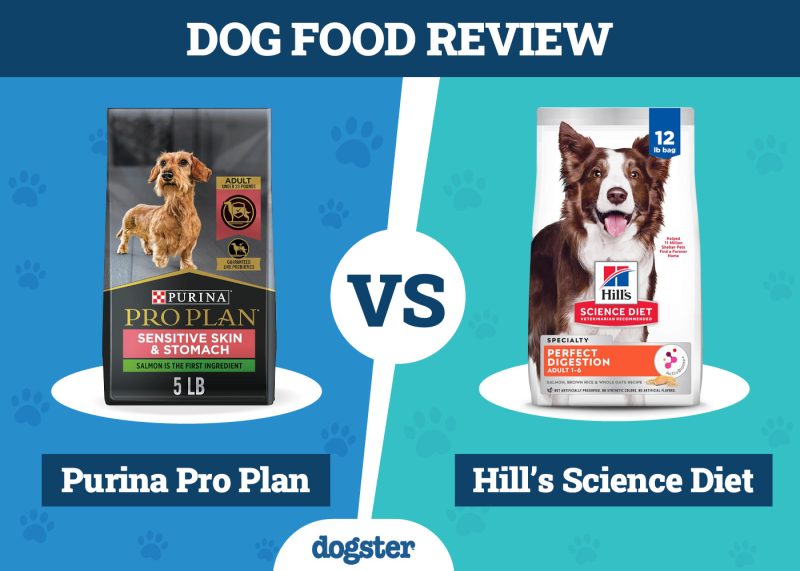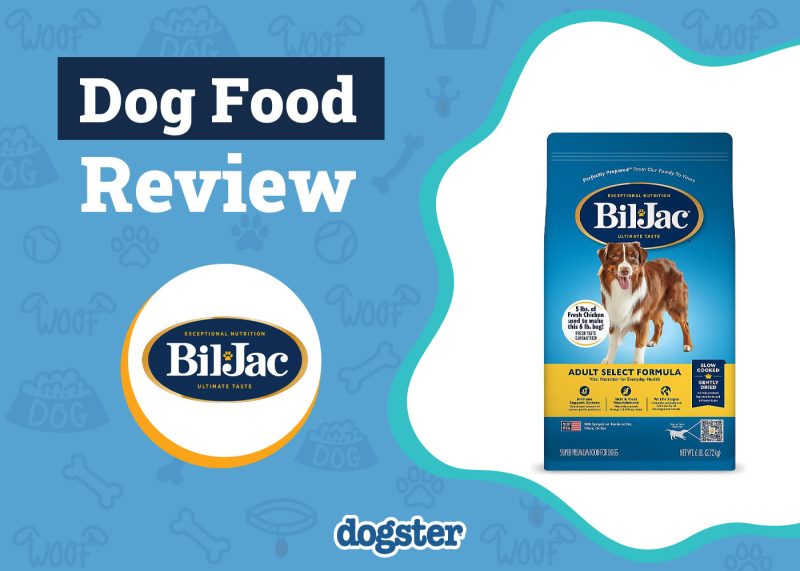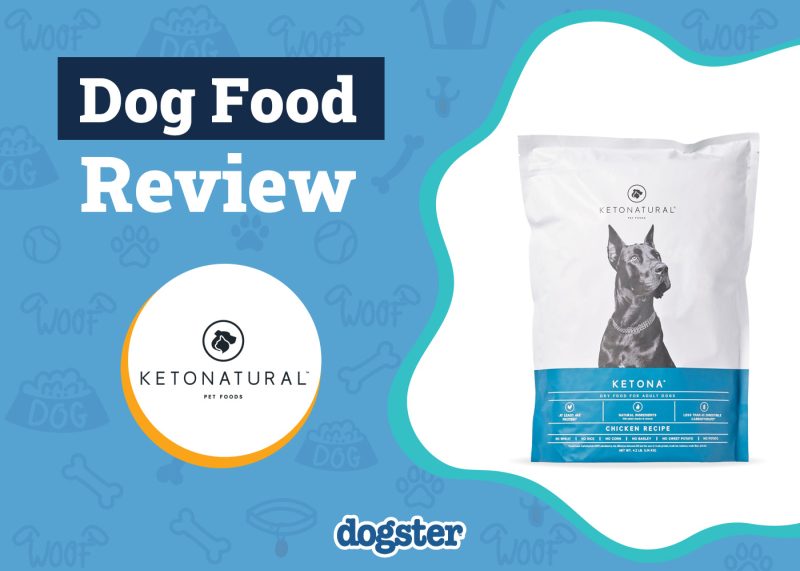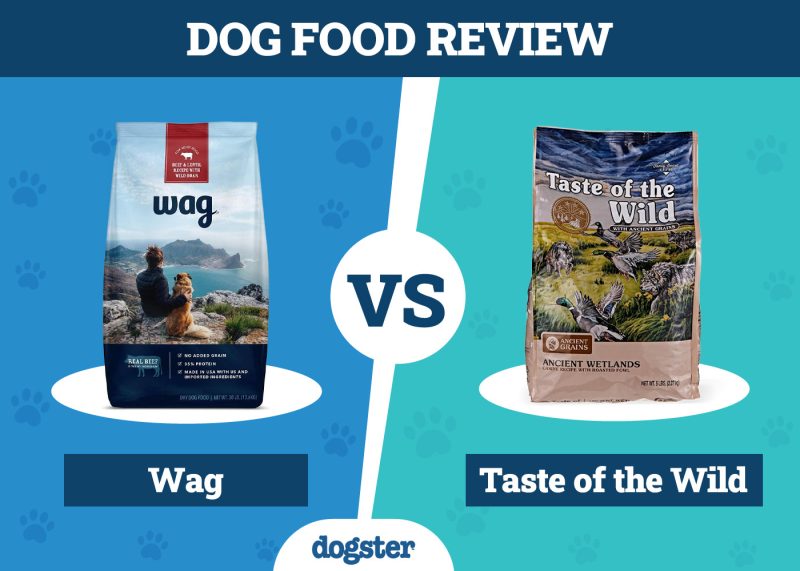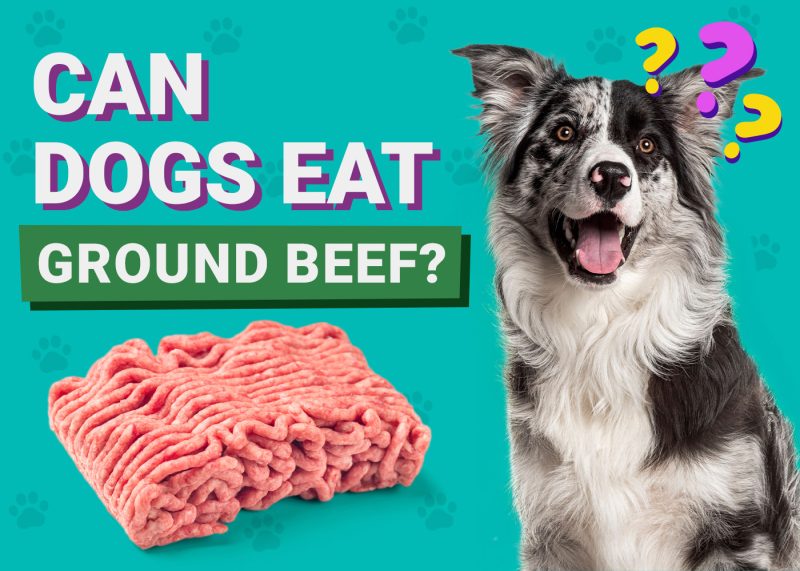In this article
Excessive scratching, recurring ear infections, and GI upset are all signs that your dog could have an allergy. While eliminating certain foods is the easiest way to start determining the culprit, a recent State of Pet Health Report by Banfield Hospitals1 reveals that only 2% of dogs actually suffer from food allergies. The most common causes of allergies are environmental, with a large percentage of dogs reacting to grass, fleas, or other factors. Even so, it’s a good idea to become familiar with the most common food allergens for dogs.

Food Allergy or Food Intolerance? What’s the Difference?
Some signs of food allergies overlap with food intolerances, including vomiting and diarrhea. However, a food intolerance issue means that dogs can’t process an ingredient well. A true food allergy may overlap with signs of food intolerance, but it involves the activation of the immune system. A dog with a food allergy will often present additional signs, such as skin infections or generalized scratching.
Food allergies are not all that common in dogs, but allergies in general are. Flea atopic dermatitis (FADx) is very common and has increased by 13% in the last 10 years. Dogs that are affected by this condition may become extremely itchy and even lose some of their fur following a single flea bite. Foods are often blamed for allergy problems, and while they are important, often food is not to blame.
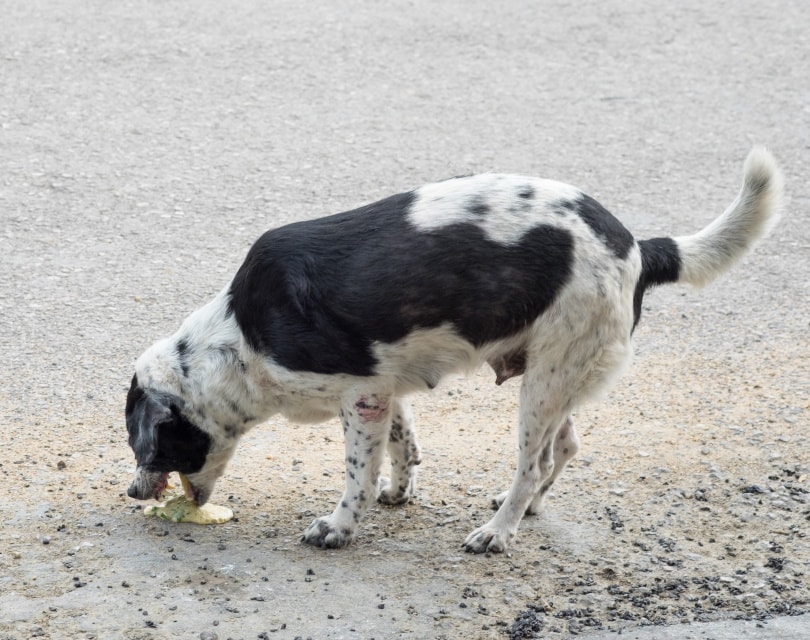
What Are the Most Common Food Allergens for Canines?
If you suspect that your dog might have a food allergy, you’ll probably be told to avoid dairy, chicken, and beef. This might surprise you since most dog foods contain one or more of these ingredients. However, veterinarians tell us that’s exactly the problem. After being fed the same meal every day for years, your dog’s body can sometimes misidentify the protein as a threat and develop an inappropriate immune response.
The exact mechanism of why food allergies can develop is not fully understood but research is ongoing.
The 11 Most Common Food Allergies for Canines
According to a study by BMC Veterinary Research1, beef is the number one food allergen offender. Of dogs who suffer from food allergies, 34% are allergic to beef. Dairy is the second most common culprit at 17%, followed by chicken at 15%. Fish, wheat, and lamb were other common allergens. Less than 10% of dogs with a food allergy are affected by soy, corn, egg, or pork.
Here’s a table to help you see how these different allergens break down:
| Allergen | Percentage Affected Out of Dogs with Food Allergies |
| Beef | 34% |
| Dairy Products | 17% |
| Chicken | 15% |
| Wheat | 13% |
| Soy | 6% |
| Lamb | 5% |
| Corn | 4% |
| Egg | 4% |
| Pork | 2% |
| Fish | 2% |
| Rice | 2% |
It’s important to remember that a food allergy isn’t the same as food intolerance. Many more dogs may be intolerant to ingredients such as corn or soy without being truly allergic.
What About Grain-Free Diets?
Gluten catches a lot of flak, but only a small percentage of dogs have genuine gluten allergies. Only 13% of dogs with a food allergy are actually allergic to wheat. Genetics are suspected to play a large role, with certain breeds, such as the Irish Setter, more likely to have a problem processing gluten.
Though they’re popular, grain-free diets are controversial and not necessary for the majority of dogs. A 2018 FDA investigation1 investigated a correlation between 16 popular grain-free diets and the development of cardiomyopathy. However, it’s unclear whether this link was directly because these recipes lacked grains, or because they were also found to be high in legumes and sweet potato. The potential link is still being explored.
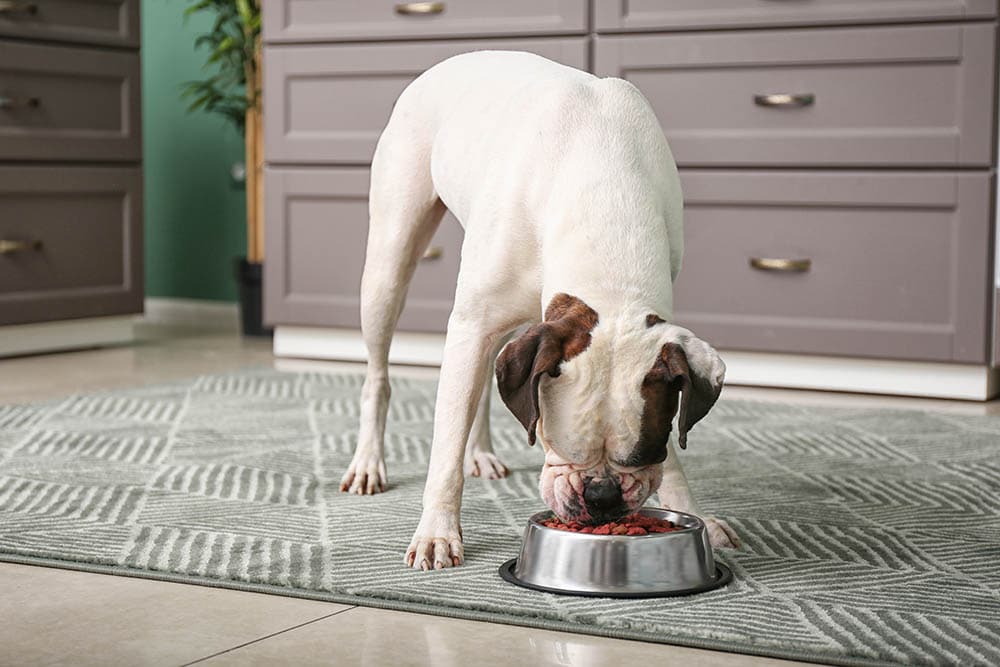
Signs Your Dog Has a Food Allergy
Unfortunately, there aren’t any signs that definitively distinguish a food allergy from an environmental allergy. For some ,the seasonality of the problems can be a clue, with food allergy being present year round and environmental allergies going through peaks and troughs.
The age of onset for adverse food reactions is usually younger and can occur in dogs less than a year old. Gastrointestinal signs are a good indicator that the cause may have a food origin, but acute environmental allergies or stress may also express themselves with vomiting and diarrhea. In general, a veterinarian may suspect some type of allergy as a culprit if your dog has:
- Vomiting
- Diarrhea
- Itchiness
- Recurring ear infections
- Skin infections
- Loss of hair
- Irritability
- Unexplained weight loss
- Lethargy
It’s important to take your dog to the vet if they start showing these signs because they’re very similar to other serious illnesses.
Seek veterinary advice if you’re concerned about your pet’s well-being.
Did you know you can speak to a veterinarian without having to travel? Just head over to PangoVet. It's our online service where you can talk to a vet online and get the advice you need for your pet — all at an affordable price!

How to Avoid Food Allergies
If food allergies are the most likely source of your dog’s problems, a vet will likely recommend a prescription food with a hydrolyzed or novel protein, or try an elimination diet.
Hydrolyzed proteins are simply animal proteins that have been broken down into smaller bits during processing, which means that they are unable to trigger an allergic response. Novel proteins, such as kangaroo and bison, are meats that your dog likely hasn’t been exposed to and are less likely to provoke an immune response.
The vet may want to start with an elimination diet if they’re suspecting a particular allergen. This diet strictly feeds your dog limited ingredients for a period of time (6-12 weeks) to try to see if signs improve. If they go away and then reappear within a week of re-introducing their old food, it’s almost definite that your dog has a food allergy.
There are also blood tests, but it’s still unclear how accurate they are. While it can take a lot of discipline, an elimination diet is the best place to start.


Final Thoughts
Dog food allergies are relatively rare, but they do exist. An elimination diet with a novel or hydrolyzed protein is often the best way to start trying to diagnose your pet’s signs. You should always contact a veterinarian at the onset of signs, especially since the signs of an allergic response can mimic serious illnesses. They can help you navigate the world of dog food and find a formula that’s less likely to be a problem for your pup.
Featured Image Credit: chendongshan, Shutterstock











